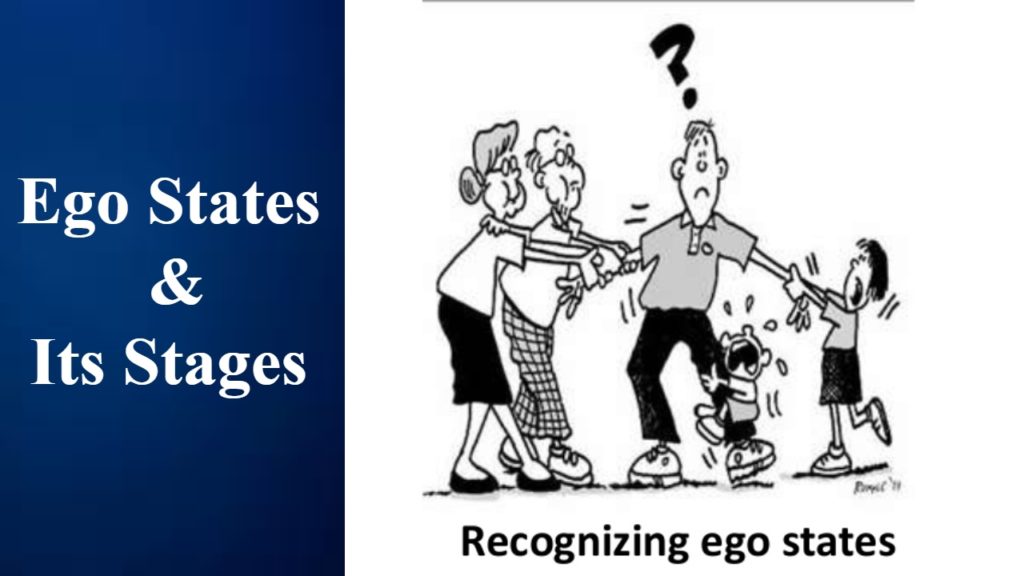
The word ego comes from Latin meaning ‘I’ It is used here to mean our sense of self, as separate from others, i.e. this is me, this is not me; I am cold, I am hungry etc. Ego states, therefore, are a set of related behaviors, thoughts and feelings that make up our personality at a given time.
Ego states are the core model of Transactional Analysis. They provide a way of understanding our personality; how we think, feel and behave.
The Ego States are an important aspect of transactional analysis that talks about how a person feels, behaves, or thinks at any point in time.
According to Dr Eric Berne, people usually interact with each other in terms of three psychological and behavioral patterns classified as parent ego, adult ego and child ego, often called as a PAC Model. This classification is not made on the basis of the age group of an individual rather these are related to the ways in which an individual behaves. Thus, it is observed that a person of any age group may possess varying degrees of these ego states.
Let’s understand each of these three ego states in detail:
Parent Ego: refers to the behavior and attitude of an emotionally significant individual who acted with quite a maturity when he was a child.
There are two types of a parent ego: critical and nurturing.
- Critical Parent: an individual shows the critical and evaluative behavior while interacting with the others
- Nurturing: when an individual shows the kind and nurturing behavior, not only towards children but towards all with whom he interacts.
Adult Ego: The adult ego shows the logical thinking and reasoning ability of an individual. he person possessing the adult ego can be judged through his discussions and the way he thinks about a situation before arriving at the conclusion. he updates his parent data to identify what is valid or not valid, similarly, the child data is also updated to determine which feeling should be expressed and which should be left unspoken. In this way, the adult ego helps an individual to control his emotional expressions appropriately.
Child Ego: refers to the state of an individual when he behaves illogically and takes quick actions to satisfy the immediate needs without thinking much about its consequences. The creativity, depression, conformity, dependence, hate, fear, etc. are some of the main characteristics of this ego state.
The child ego can be natural, adaptive and rebellious.
- The natural child is sensuous, impulsive, affectionate, and does things that come naturally.
- An adaptive child is one, who is trained and instructed by parents to behave in a manner taught by them
- The rebellious child is one who is not allowed to open up and experiences anger, fear, and frustration.